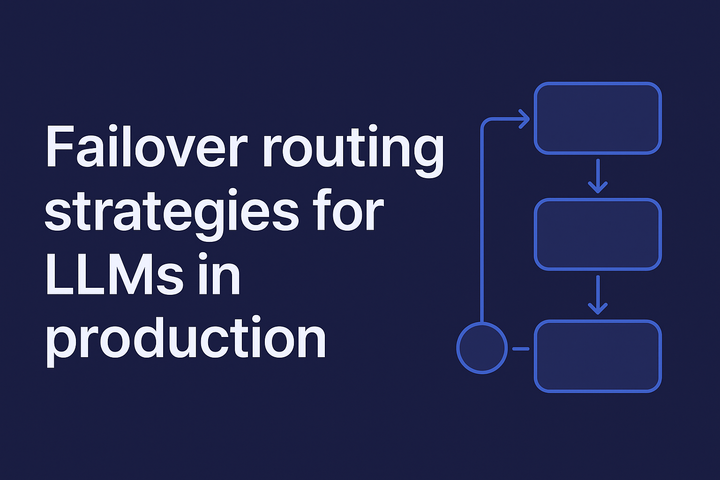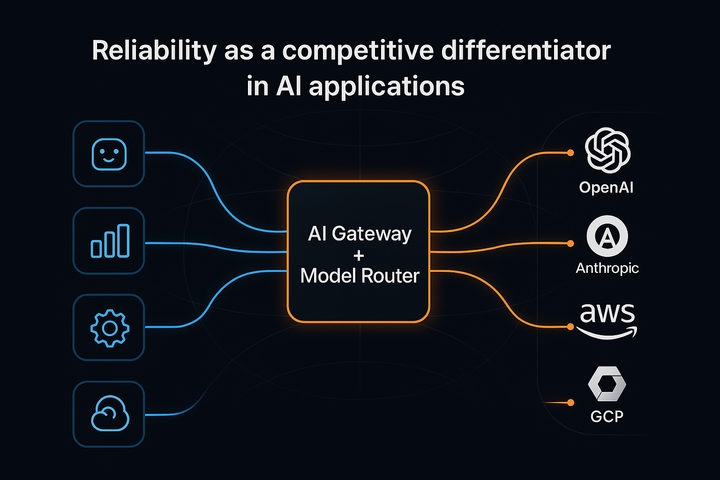CAMEL: Communicative Agents for "Mind" Exploration of LLMs - Summary
The paper proposes a novel communicative agent framework named role-playing to facilitate autonomous cooperation among communicative agents and provide insight into their “cognitive” processes. The approach involves using inception prompting to guide chat agents toward task completion while maintai
Arxiv URL: https://arxiv.org/abs/2303.17760
Authors: Guohao Li, Hasan Abed Al Kader Hammoud, Hani Itani, Dmitrii Khizbullin, Bernard Ghanem
Summary:
The paper proposes a novel communicative agent framework named role-playing to facilitate autonomous cooperation among communicative agents and provide insight into their “cognitive” processes. The approach involves using inception prompting to guide chat agents toward task completion while maintaining consistency with human intentions. The paper showcases how role-playing can be used to generate conversational data for studying the behaviors and capabilities of chat agents, providing a valuable resource for investigating conversational language models. The authors have open-sourced their library to support research on communicative agents and beyond.
Key Insights & Learnings:
- The success of conversational and chat-based language models heavily relies on human input to guide the conversation, which can be challenging and time-consuming.
- The paper proposes a novel communicative agent framework named role-playing to facilitate autonomous cooperation among communicative agents and provide insight into their “cognitive” processes.
- Role-playing involves using inception prompting to guide chat agents toward task completion while maintaining consistency with human intentions.
- The authors showcase how role-playing can be used to generate conversational data for studying the behaviors and capabilities of chat agents, providing a valuable resource for investigating conversational language models.
- The authors have open-sourced their library to support research on communicative agents and beyond.
Commentary
I also wrote a twitter thread about this paper and the implications. I think this could be the evolution of chat completions for OpenAI.
I'm very excited about this communicative agent framework.
— Rohit Agarwal (@jumbld) April 14, 2023
Instead of using chat completions on OpenAI only as system, user & assistant - what if we could have multiple AI assistants in the same chat instance?
A group chat with multiple AI agents in the room who can also.. https://t.co/Bv4MWS85z2
Terms Mentioned: communicative agents, large scale language model society, role-playing, inception prompting, multi-agent systems, AI ethics, AI alignment, knowledge distillation, response-based knowledge, feature-based knowledge, relation-based knowledge, instructional LLMs, prompt engineering, reinforcement learning, instruction fine-tuning, chain-of-thought, zero-shot-CoT, dialogue LLMs
Technologies / Libraries Mentioned: GitHub



